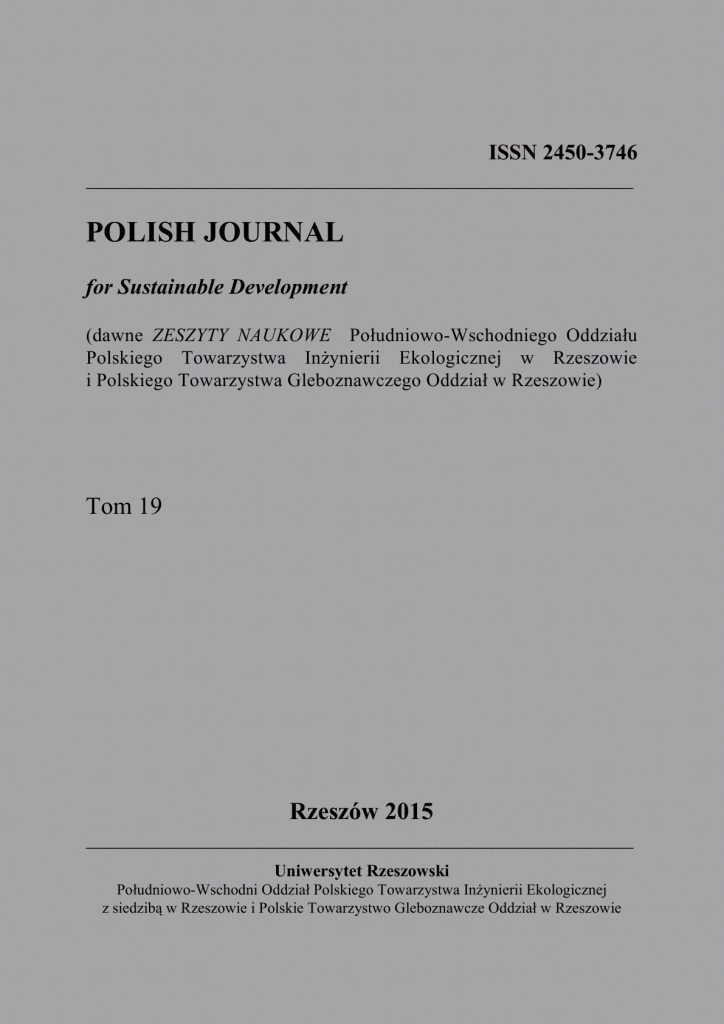Encyclical of crisis and hope
DOI:
https://doi.org/10.15584/pjsd.2015.19.6Keywords:
sustainable development, natural philosophy, the encyclicalAbstract
Whether we like it or not, whether we are aware or stubbornly reject this belief, we are part of nature. Using her services, especially during the last fifty years of consumerism we approached and exceeded the planet's capacity to regenerate its resources. Now scientists collected a lot of data on the connection between man and nature and above all, on dependency on the diversity of the biosphere. These reports and deliberations of numerous conferences dedicated to problems of sustainable development of civilization enter into awareness and effect the lives of the average citizen of our Planet Earth very slowly. On Care for Our Common Home (Laudato Si') is the new appeal from Pope Francis (2015) addressed to "every person living on this planet" for an inclusive dialogue about how we are shaping the future of our planet. Pope Francis calls the Church and the world to acknowledge the urgency of our environmental challenges and to join him in embarking on a new path. This encyclical is written with both hope and resolve, looking to our common future with candor and humility. The encyclical has a chance to reach out to Christians all over the Earth, to raise their conscience and to liberate pro-environment and pro-social activities in everyday life. The Pope spoke up in defense of nature, which is the common home of all living beings, but also noted that ecology makes sense only when we see the greatness of man and his uniqueness, while protecting nature, we do not forget about human nature and its laws. The authors of the article recall elements of the history of thought forming the concept of sustainable development, assessed commonly as the basis for the survival of human civilization. They highlight the groundbreaking importance of the inclusion of the Church in shaping the ecological conscience. Authors also express the hope that that conscience is a force of modern Homo sapiens to radical, giving hope for the survival of the species, changes of life organization at socio-economic and natural level.
Downloads
Published
Issue
Section
License
Copyright (c) 2015 Polish Journal for Sustainable Development

This work is licensed under a Creative Commons Attribution-NonCommercial-NoDerivatives 4.0 International License.


